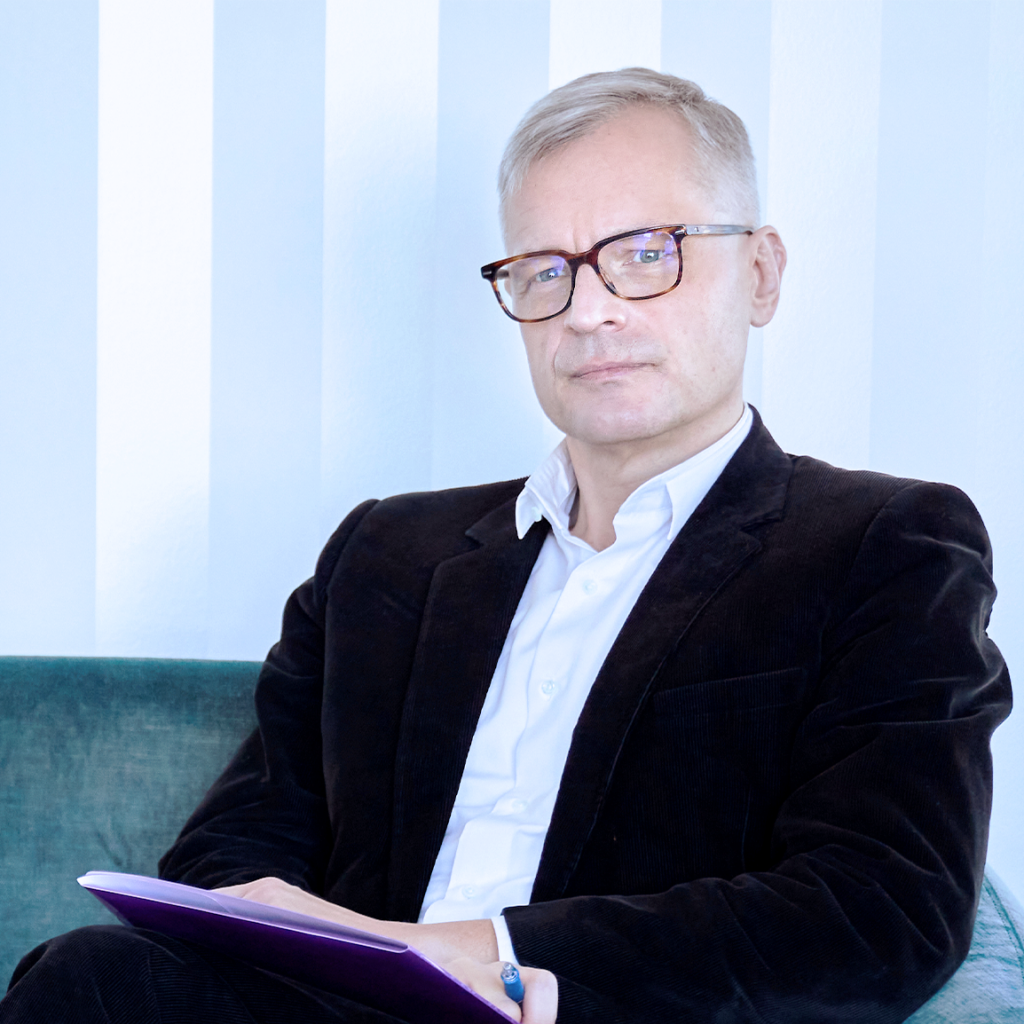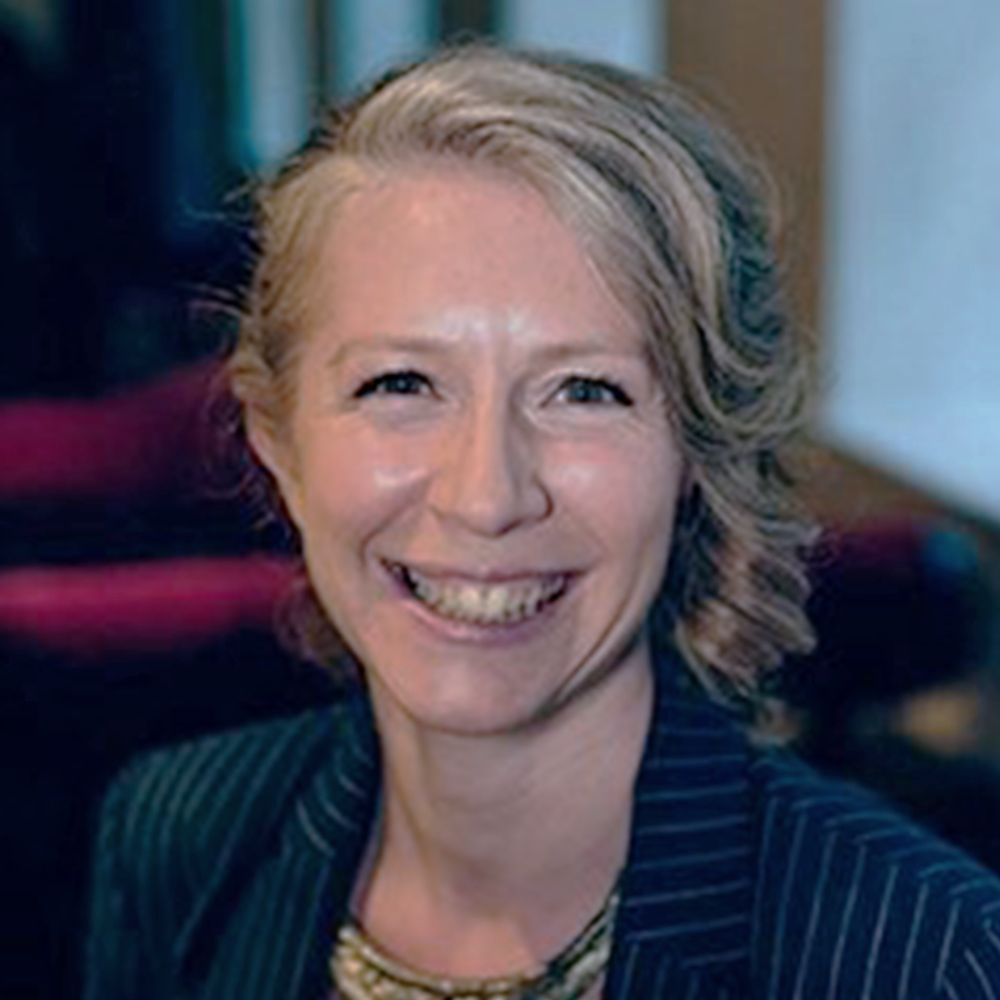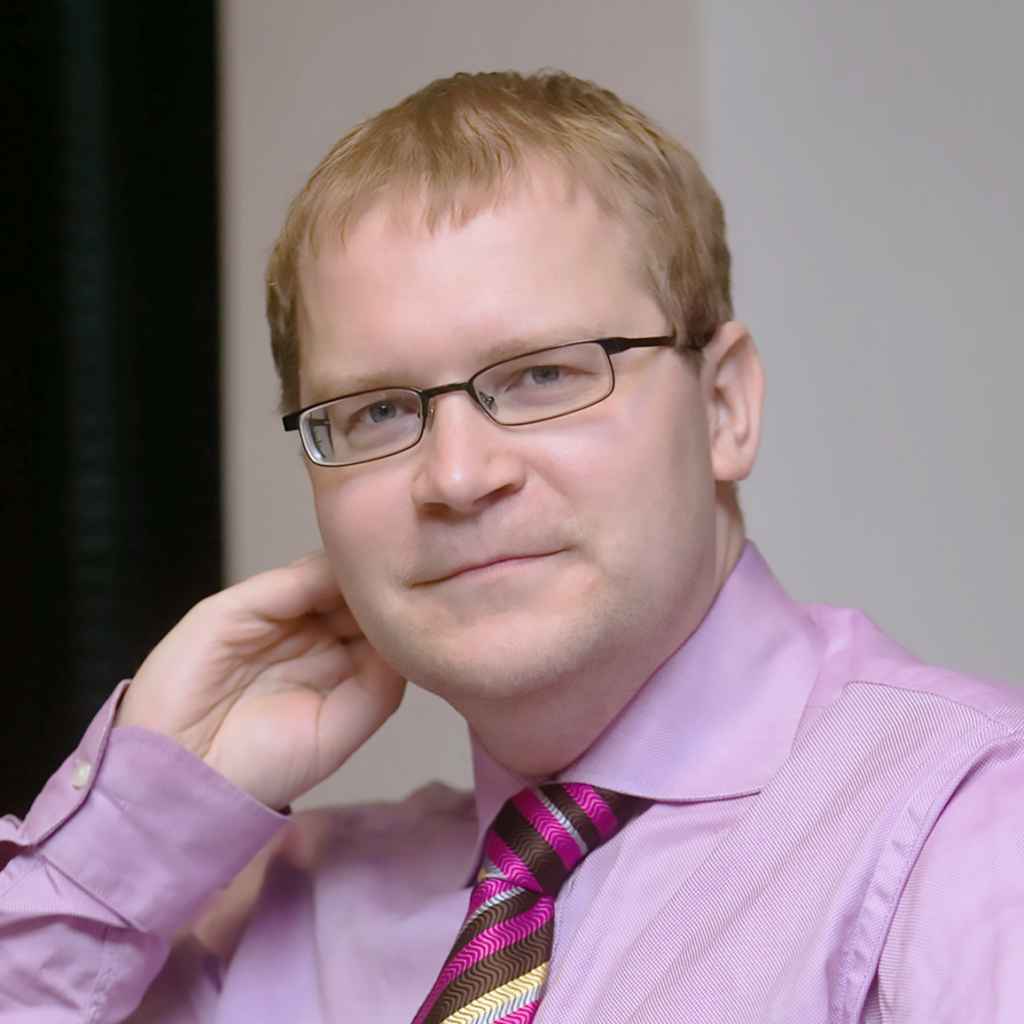
The Third Global Conference for Media Freedom will be hosted in Tallinn from February 9 to February 10, 2022, by the Estonian Ministry of Foreign Affairs in cooperation with the Estonian Institute of Human Rights.
The conference will provide a long-sought forum for in-person meetings and discussions to strengthen joint efforts in defending media freedom and human rights worldwide. It will be an occasion to connect with journalists and media workers, civil society, academia, international organizations and governments. The hybrid-format will also allow participants to join in virtually, from all over the world.
The conference will combine traditional and innovative media freedom topics focusing on Disinformation and Freedom of Speech, Protection of Journalists and interlinkages between Media Freedom and Internet Freedom.
The freedom to seek, receive, and impart information and ideas through any media – as stated in the Universal Declaration of Human Rights – is crucial to enabling the exercise of all other human rights.




